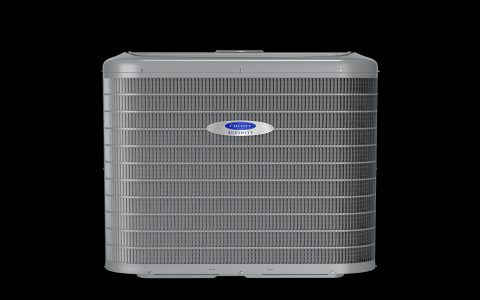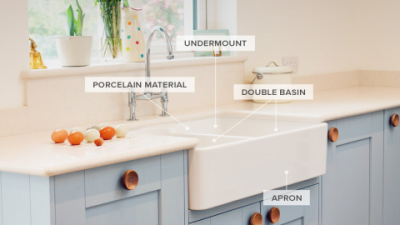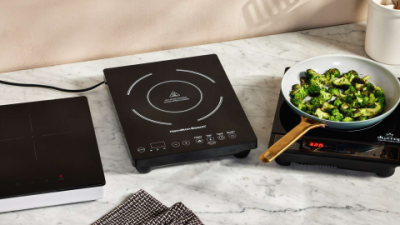Bosch Heat Pump Review 2025: Best Features and Consumer Pros & Cons
Imagine waking up on a January morning—your breathe fogging the window, but instead of dread about sky-high heating bills or another noisy furnace cough, you’re greeted by warm floors and silent comfort. If this scene is your goal, it’s time to take a close, honest look at the Bosch Heat Pump—a technology that’s winning over households seeking comfort, savings, and peace of mind in a world of rising energy costs and climate pressure.
Why Are Bosch Heat Pumps So Talked About in 2025?
- Energy bills are pinching harder than ever, making every percentage of efficiency count.
- More homeowners want to ditch fossil fuels and embrace eco-upgrades.
- Bosch continues innovating, rolling out models like the IDS Ultra Cold Climate series that promise comfort even in the iciest winters.
But let’s not just accept the marketing pitch. What do real users and independent reviewers say about Bosch heat pumps in 2025?
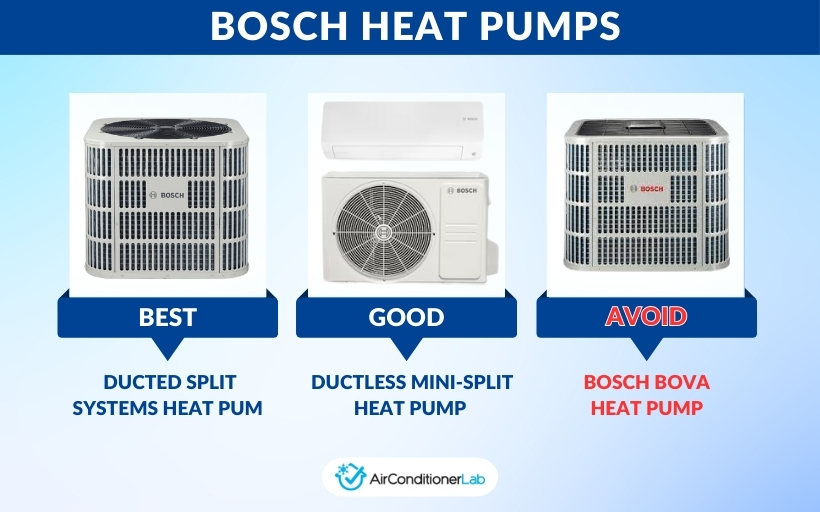
Quick Table: Bosch Heat Pump Models At A Glance
| Model | Type | SEER Rating | HSPF Rating | Smart Features |
|---|---|---|---|---|
| IDS Ultra | Air Source | Up to 20 | Highly Rated | Yes |
| Compress AWF | Air Source | 18-20 | Above 10 | Yes |
| Climate 5000 | Mini-Split | High | High | Yes |
(*SEER: Seasonal Energy Efficiency Ratio. HSPF: Heating Seasonal Performance Factor.)
Standout Features and Real Innovations
- Inverter Technology: Adjusts output on demand, delivering whisper-quiet, efficient heating—even at ultra-low temperatures down to -13°F (-25°C).
- Smart Compatibility: Use with standard and smart thermostats (like Ecobee)—no forced reliance on clunky proprietary products.
- Quick, Non-Intrusive Installation: Many units require only an outdoor box and a few new pipes—no wall demolitions needed for most retrofits.
- Rebates and Grants: In 2025, Bosch models often qualify for significant rebates, further improving your ROI.
- Quiet Operation: Forget the old, noisy furnace—Bosch pumps win praise for blending into the background of daily life.
What Real Users Say—Wins and Warnings
Nothing demystifies a new technology like stories from people who have already bet on it. Here’s what home-owners and installers are saying in 2025:
Bosch Heat Pump Pros & Cons: The Scorecard
| Pros | Cons |
|---|---|
|
|
Technical Deep Dive: Understanding Performance Metrics
The most important numbers to compare when shopping for a heat pump are SEER (cooling efficiency) and HSPF (heating efficiency). Bosch delivers models with SEER above and HSPF above 10, placing them among industry leaders for all-seasons performance. Such ratings promise lower annual utility costs and a smaller carbon output versus traditional electric or fossil-fuel heating.
- Key innovations:
- Inverter-driven compressors for precision, on-demand energy use
- Advanced defrost features to avoid winter outages
- Wi-Fi/smart home features for comfort expectations
Installation Experience: What to Expect
Bosch heat pumps win praise for installation ease, especially if you hire a certified installer. Modern homes may be up and running in a couple of days. Older homes—or upgrades from old boilers—can take up to a week but rarely involve tearing up large sections of your house. Installers say Bosch units are “straightforward to fit,” adaptable to many existing HVAC setups, and come with clear documentation.
Ownership and Maintenance: What You Need To Know
- Keep maintenance records: Needed for warranty service and resale value.
- Check air filters every two weeks for optimal performance.
- Professional tune-ups annually recommended—especially before peak heating or cooling seasons.
- Homeowners praise Bosch’s robust customer support and warranty handling.
Frequently Asked Questions (FAQ)
Q: Can a Bosch heat pump really keep up in very cold climates?
A: Yes, especially the IDS Ultra Cold Climate model, which stays reliable well below freezing, but extremely low temperatures can mean higher electric usage or a need for supplemental heating in the coldest snaps.
Q: Is installation disruptive?
A: Usually not. Most units go outside, with minimal indoor work compared to old-school refits. Older homes or boiler replacements might take a week, but most modern homes are up and running within days.
Q: What’s the expected lifespan?
A: With regular maintenance, you can expect 15- years of service. Bosch offers reassuring warranty periods (often 5- years), especially if you register your unit right after installation.
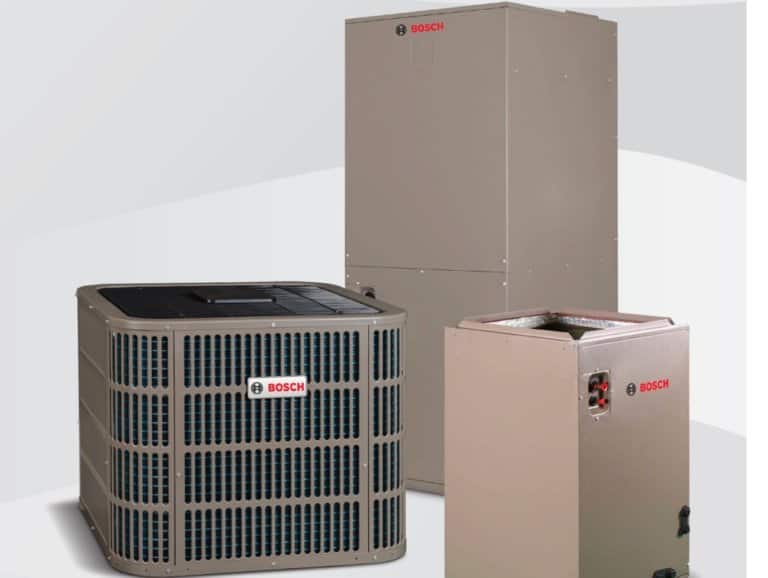
Q: How often do I need to clean the filter?
A: Check it every two weeks, and clean or replace as needed—dirty filters reduce efficiency and strain your system.
Q: Can I use a smart thermostat?
A: Absolutely. Unlike some high-end brands that lock you into their own thermostats, Bosch is compatible with popular options like Ecobee and Nest.
Takeaway: Who Should (and Shouldn’t) Buy a Bosch Heat Pump?
- Great for: Homeowners wanting an eco-friendly, tech-forward heater/cooler; those living in moderate to quite cold climates; anyone tired of noisy old-school HVAC.
- Maybe not for: Off-grid living with very limited electricity; people in extreme cold zones unless combining with supplementary or backup heat.
Ultimately, if you seek whisper-quiet reliability, strong efficiency, transparent warranties, and a path away from gas or oil, Bosch sits near the top of the market. With solid design, proven cold-climate innovations, and real-world user satisfaction, it’s a contender worth your shortlist.
Final Thoughts: Your Experience Matters!
Have you tested a Bosch heat pump or live with one through a freezing winter or a sweltering summer? What’s your verdict—game-changer, average, or underwhelming? Which feature do you love or hate most? Share your story—or burning question—in the comments!
